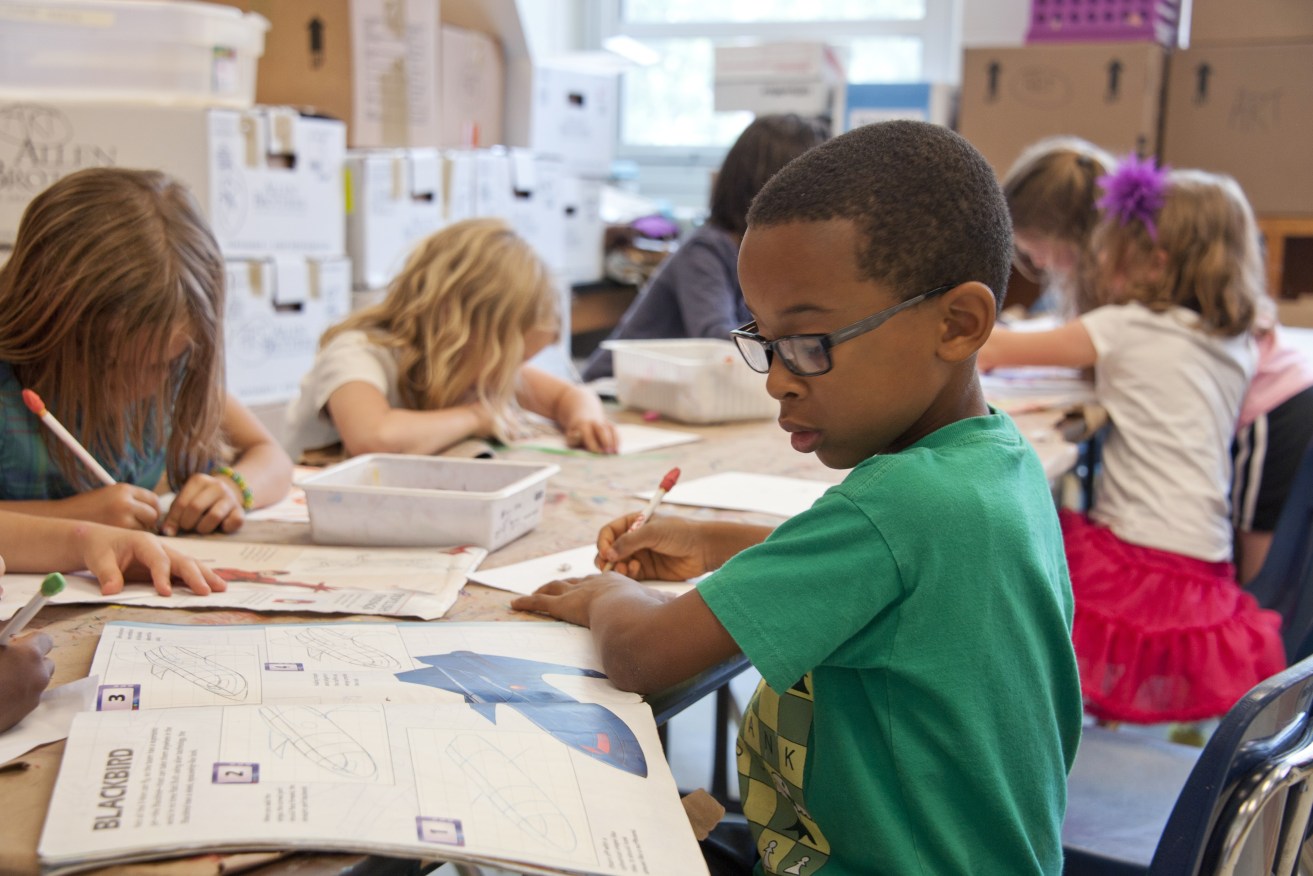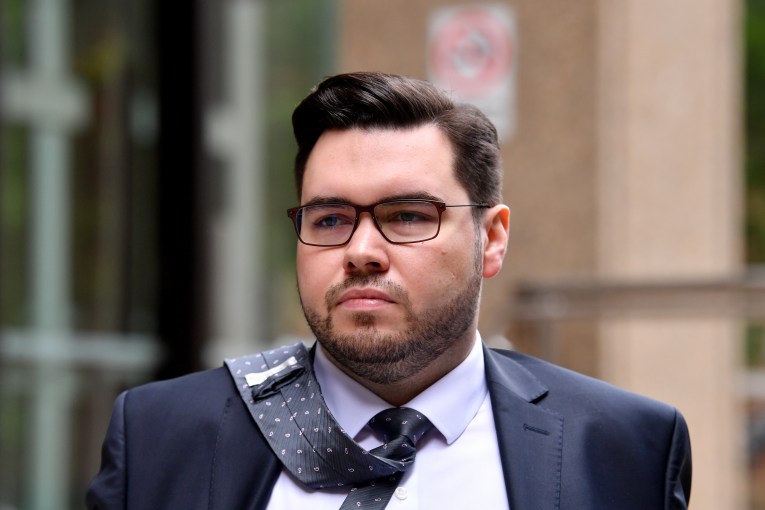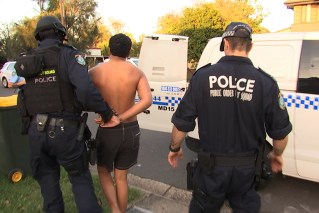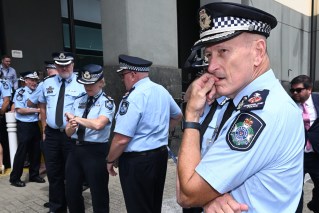Student literacy and numeracy still in doldrums despite boosted funding
The number of students failing literacy and numeracy standards has failed to budge despite extra funding being pumped into schools, the Productivity Commission has found.

Federal Education Minister Jason Clare said the commission's report was "pretty damning" and while Australia had a good education system it could be a lot better. (Image: Unsplash)
Its review of the National School Reform Agreement found almost 90,000 students each year failed to meet minimum NAPLAN reading or numeracy standards.
Indigenous students are three times more likely to fall behind at school, the report found, as are those with parents who have lower levels of education.
Commissioner Natalie Siegel-Brown recommended that Australian governments commit to firm literacy and numeracy targets in order to lift results.
“Targets do not guarantee success but they create a clear direction for reform and make governments accountable,” she said.
The commissioner also said a lack of data for students in regional and remote areas, as well as those with a disability and from disadvantaged backgrounds, meant states and territories weren’t being held accountable.
As well, teacher shortages meant those present often had to teach subjects they were not trained for.
Federal Education Minister Jason Clare said the report was “pretty damning” and while Australia had a good education system it could be a lot better.
“I don’t want your chances in life to be dependent on where you live, but this report tells us if you are a child from a poor family, Indigenous, from the bush, you are less likely to meet the standards,” he told Seven’s Sunrise program on Friday.
The federal government is working to address teacher shortages in rural areas by offering to scrap student debt for teachers who spend four years teaching in a remote community.
It is expected to save teachers an average of $35,000, with up to 2000 people able to immediately benefit.
An additional 500 extra teachers are expected to become eligible each year.












